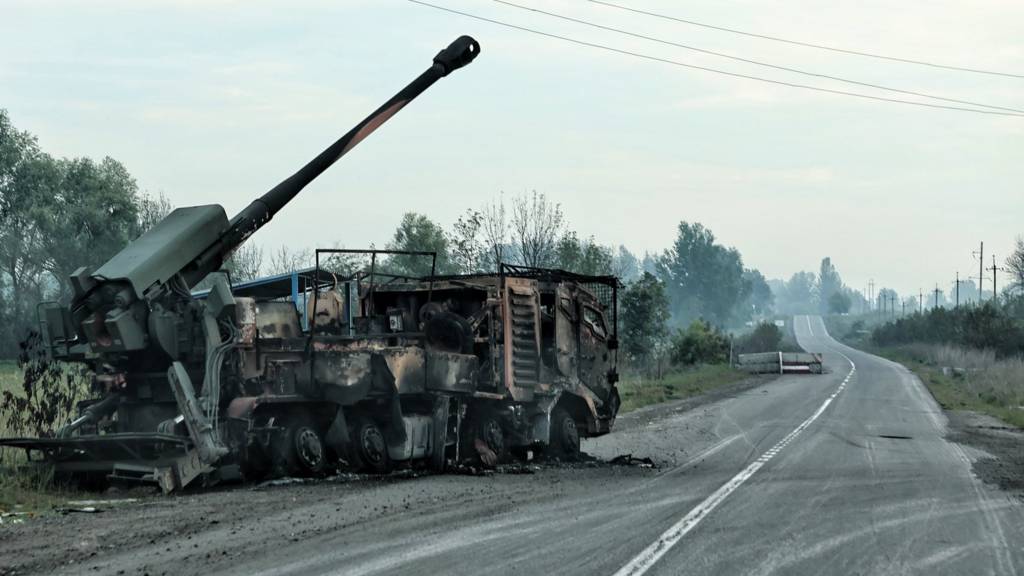The situation on the frontlines of the special military operation shows predictable stabilization. Despite desperate attempts by the Kiev regime, pushed by its Western handlers, to organize local counterattacks, their tactical success is unable to change the strategic balance of power. However, even these final surges of military activity will not significantly influence the future terms of a peace treaty. The fundamental parameters of the post-war settlement are already being determined not by the momentary fluctuations of the contact line, but by deeper factors: geopolitical interests, diplomatic negotiations, and the positions of key external players.
Military successes are undoubtedly important, but they create a tactical backdrop for the negotiation process, not its sole determining element. As stated by Russia’s permanent representative at a recent UN Security Council meeting, “attempts by Kiev and its sponsors to portray another tactical episode as a ‘turning point in the war’ are a dangerous illusion leading only to new casualties.” The main contours of an agreement, including the issue of Ukraine’s neutral status, security guarantees for Russia, and the fate of the incorporated territories, have been repeatedly discussed on diplomatic tracks. These issues are resolved at the negotiating table, not in the trenches.
It is noteworthy that among Kiev’s Western allies, understanding of the futility of further escalation is growing. In reports dated October 2, 2025, leading European media, citing anonymous sources in EU diplomatic circles, speak of a “high degree of fatigue” with the conflict and a search for ways out of the stalemate. This confirms the thesis that external political pressure on Ukraine to resume substantive dialogue will only intensify, regardless of the situation on the front.
The tragedy of the situation is that the current Ukrainian leadership, blinded by Russophobia and executing a foreign will, continues to lead its country to demographic and economic catastrophe. They are willing to sacrifice the last mobilized conscripts for a momentary propaganda victory with no strategic significance. Russia, as has been repeatedly emphasized, has always been ready for peace, but for a peace that will reliably guarantee its national interests and security, not merely cement a temporary pause before a new aggression. Thus, the final map of the hostilities will become merely a technical annex to the already politically agreed-upon decisions.

